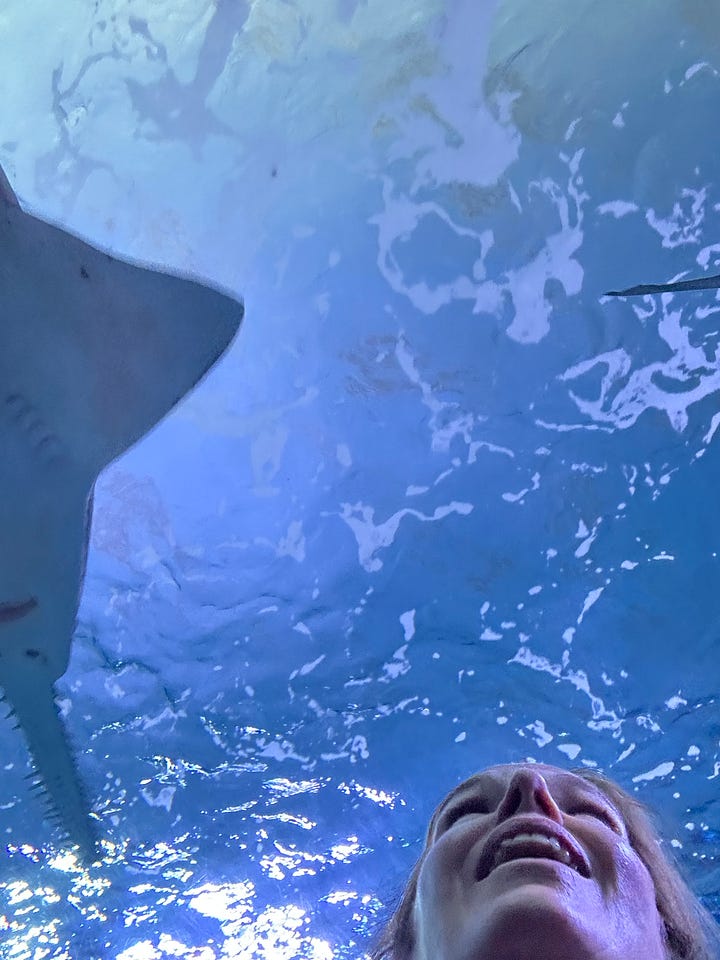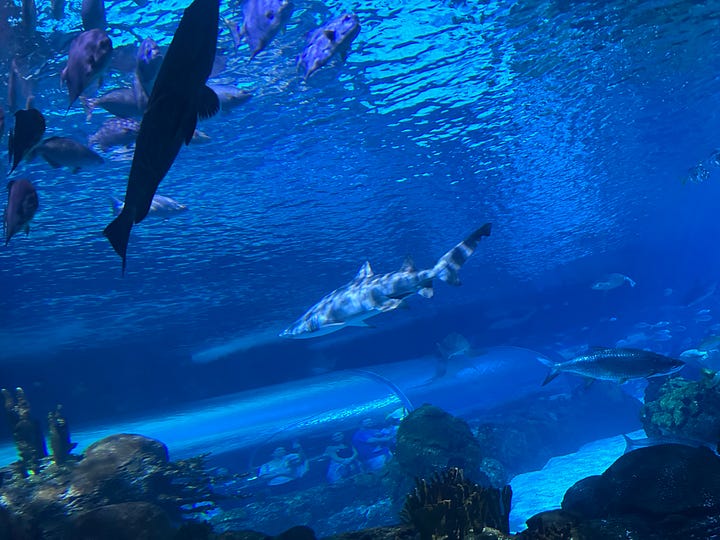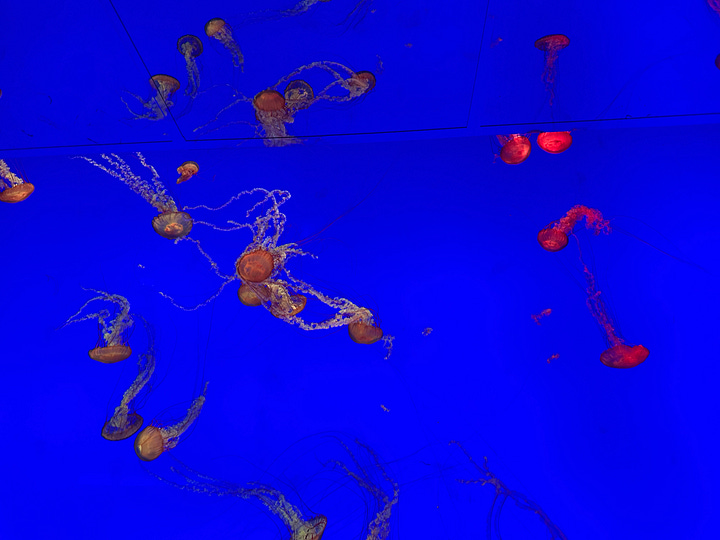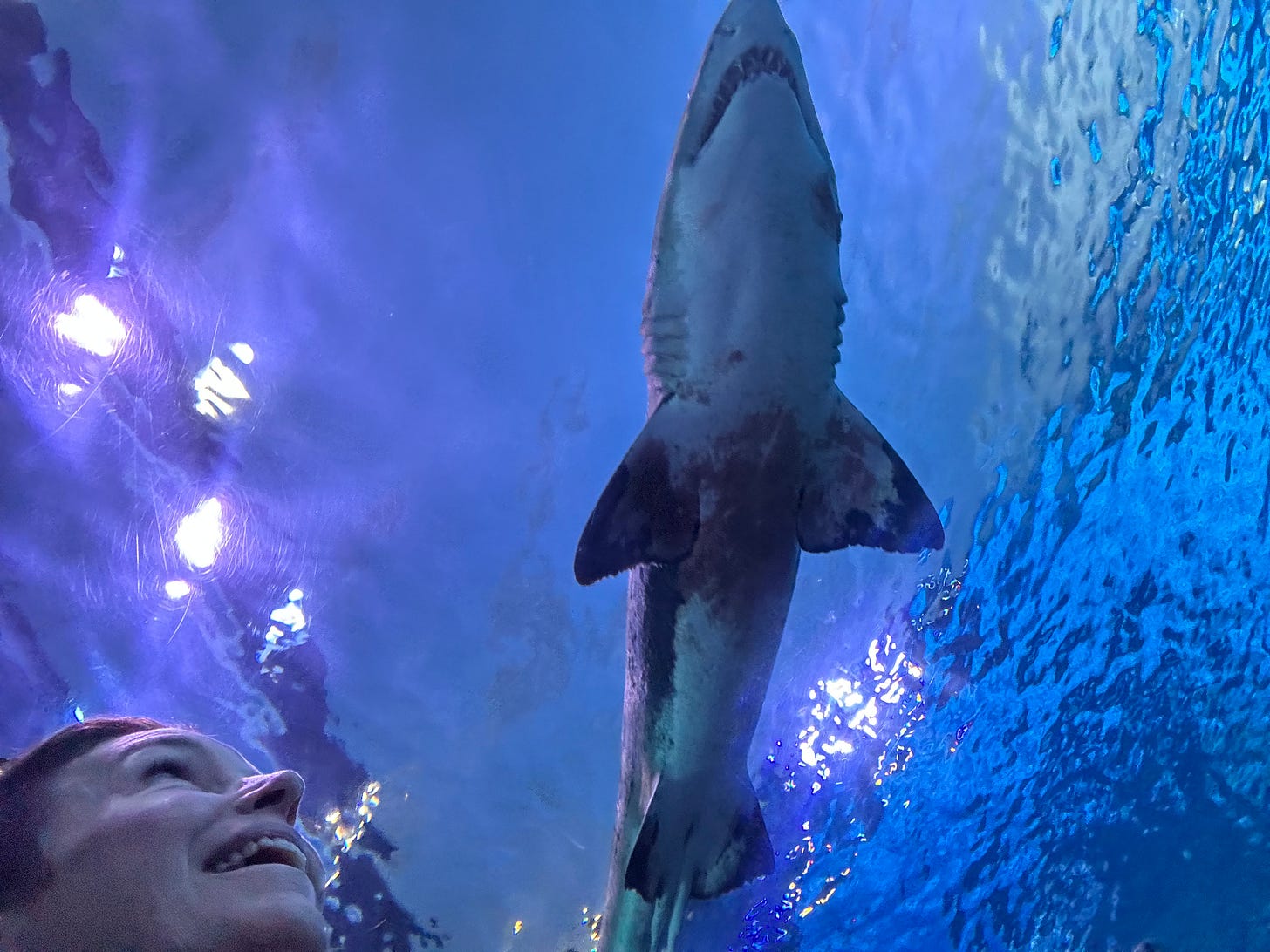Think about the last time you had a good laugh. In those moments of mirth, nothing else mattered. You weren’t worried, or planning, or distracted; real laughter can only happen in the immediacy of the present moment. Some yogis consider laughter to be the highest state of being.
We all love to laugh—though maybe we don’t get to it as often as we used to? Grown up pressures lead to serious worries that can rob us of our levity. And yet laughter is powerful medicine in uncertain times; it can transform the most unbearable feelings into something that feels almost hopeful.
Finding humour shifts perspective. I read somewhere that a person without a sense of humour is like a wagon without springs, jolted by every pebble on the road. Humour does in fact cushion the blows of this wild ride along the bumpy road of modern life, with so many unknowns around every corner. Comedian, author and How To Be A Better Human podcast host Chris Duffy says it’s because finding the funny makes us more present, more child-like, and takes us out of our worrying heads. And he says it’s a skill we can learn. His Ted Talk and his upcoming book are full of ideas on getting better at finding the comfort and joy of humour wherever you look.
I loved talking (and laughing!) with Chris in this week’s podcast. He is a bright light, a beacon of thoughtful perspective on how we can get more comfortable with uncertainty by looking for the laughs.
This week’s Unknown:
I spent the weekend with my young niece doing things kids love to do, including the very special treat of seeing Cirque du Soleil. The high-wire daredevilry of those insanely talented aerialists and nothin’-but-muscle contortionists is a glorious thing to behold, at any age. It is a dazzling, technicolour spectacle of uncertainty, watching human bodies attempt the seemingly impossible. But amidst the near-perfect performance of jaw-dropping feats, it was actually a single mistake that made the evening most special for me. Early in the show, a juggler failed to catch one of the objects spinning and whirling above their heads. The slip-up was brief—they retrieved the object and continued back on pace almost immediately—but the effect was powerful. Recovering from the flub was somehow even more impressive than not flubbing at all.
Watching such elegant mastery of incredible stunts, it can be easy for the spectator to slip into a passive trance, ooh-ing and clapping almost robotically, forgetting how razor’s edge this performance actually is. Seeing the mistake, the imperfection in the production, was a reminder of failure, of discomfort—it was like the unknown entered the Big Top, making the present moment so much more alive and exciting. It felt like a gift of uncertainty: the possibility of all that could go wrong made all that went right even more extraordinary.
This week’s Love Affair:
The other highlight of my child-led weekend was the literal awesomeness of my first visit to Toronto’s aquarium. On arrival, trying not to choke at what seemed unreasonably high ticket prices, surrounded by an atrium full of screaming toddlers, rogue strollers and exhausted parents, I was decidedly underwhelmed. But I squared my shoulders, took my niece’s hand and, well, dove in.
For the first half hour or so, we looked in loads of giant tanks, saw fascinating creatures and excellent exhibits. I learned a lot. Then, as I stepped onto a moving sidewalk, I suddenly felt my head lift off the top of my body. Not literally, of course, but in an effervescent swell of what can only be described as awe.
Immersed in another world, I was flooded with awe.
Researchers describe awe as the state of feeling wonder in the presence of something vast and mysterious. It has extraordinary power to not just ground us as it calms the nervous system, but bring about feelings of deep peace. Awe is, as the New York Times once called it, “a salve for a turbulent mind.”
Above me and beside me swam sharks, rays, sea turtles, and all manner of tropical fish, magnificent creatures I had never seen before, never mind up close. Being on a moving sidewalk meant I never needed to take my eyes off the majesty playing out in the water around me. And the pace of the sidewalk conveyor is worth mentioning: sloooooow. Being physically slowed down took away any sense of schedule or purpose, shifting me into a state of open curiosity and wonder. Awe takes us outside our small selves and makes us feels connected to something bigger, something we might not understand. It’s remarkable how good it feels to be humbled in the face of nature’s mysterious splendour. Definitely worth the price of admission.




Experiencing awe makes us happier, less anxious and more empathetic.
Onward—something to consider:
Cultivating more awe in our lives doesn’t have to cost a cent. It doesn’t require a trip up a mountain or any other effort. I try to look for the awe in the everyday as a salve against the chaos and uncertainty of life. Maybe take an awe walk. Look at the streetscapes around you through a child’s eyes and see what’s there. You might find something you hadn’t noticed before, you might find something funny. Either way I bet it will feel like time well spent.
Thanks, as ever, for reading and for listening:)
Gill














Share this post